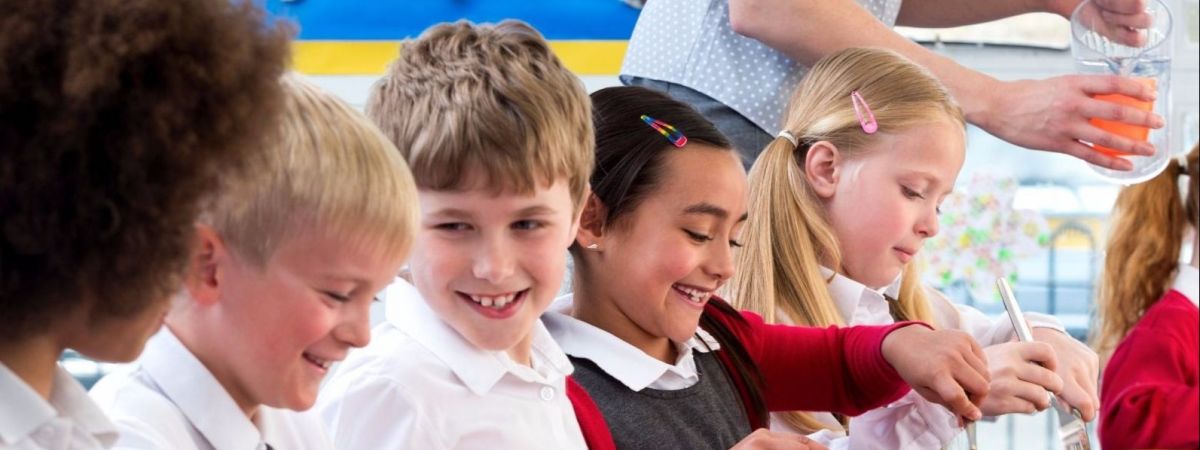Why I’m a Fan of the New ELGs
Chris Wilkins, executive headteacher at The St Ninian Catholic Federation in Carlisle, has written this blog for us:
We should talk more about early years.
That will probably horrify some of you, who are likely thinking that the early years specialists already say too much. But I really do believe that it’s the most important stage of education, and that it isn’t treated as such anywhere near enough.
Thinking about the disadvantages that some children face, early years is by far the best time to really and genuinely level the playing field. Being realistic, it’s quite possibly the only time that that can be done. When children start school is when the gap between advantaged and disadvantaged children is at its smallest, and therefore that’s when closing the gap is easiest.
We all know that some children arrive at school far behind others in terms of their development, often because of their background, which may not have afforded them the same levels of parental guidance, support and opportunity as others. We also know that, the longer a child goes through school, all other things being equal, the more this gap grows.
If we make a real effort to make sure that all children, no matter their background, come out of their early years education with a high level of vocabulary and maths development for their age, then there is no reason for the disadvantage gap to reappear right throughout the children’s school careers. They would all have an equal footing going forward, and society would be infinitely better off for it. This may be idealistic, but I think it is also true.
I think all of that is fairly uncontroversial. Where the debate comes in is how to actually go about it, and that debate has intensified with the government’s recent announcement of their streamlined early learning goals.
My initial reaction was to groan at the thought of more change for our teachers, but the more I looked at them, the more I liked them because I think they’re tackling the issues outlined above head on. The new ELGs have a definite focus on literacy, vocabulary, listening and speaking, which are undoubtedly the most important aspects of a child’s development at this stage. Their clarity and laser-sharp focus mean that it will be easier than ever to identify when and where a child is falling behind, and how to get them back up to speed, without compromising on the other aspects of early-years education that make it such a great experience for pupil, parent and teacher alike.
By removing much of the surrounding material, the government have allowed a greater appreciation of what actually matters, whilst still giving teachers more time to give children the experiences that they feel are vital outside of the framework. The new ELGs make it absolutely clear where the government’s priorities lie for this sector, and I think they are in line with the voice of educators on the ground.
That isn’t to say that all other goals have been abandoned. Maths is of course vital, as are physical development and motor skills, and I’m particularly pleased to see the emphasis given to pupils’ understanding of the world and also to the arts. The colour provided by these topics are crucial to the success of the goals, and it was important that they remained despite any reductions elsewhere. If anything, early years teachers should feel more freedom to teach as a result of these changes.
The vast reduction in the amount of evidence required is also very welcome, as it will do a great deal to lower the current unsustainable levels of workload that many early years practitioners face. The sector has been vocal about how needless many of the current evidence requirements are, and to see the government really trust teachers here is a welcome step forward. I hope that they will continue in this vein in the future, both in early years and beyond.
The views expressed here do not necessarily reflect those of PTE or its employees.
